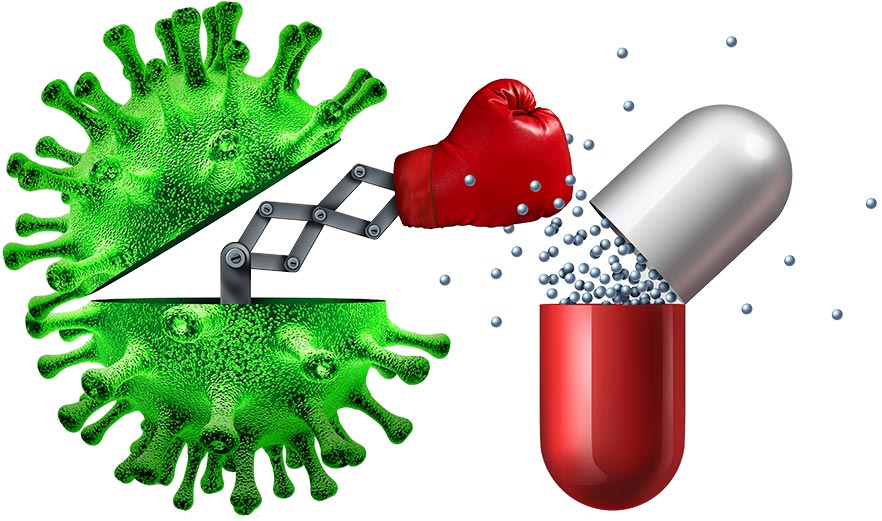Antibiotic Resistance
published on

Antibiotic resistance (AMR) is one of the most pressing public health threats globally. This occurs when bacteria, viruses, fungi, and parasites evolve to resist the effects of medications, rendering standard treatments ineffective. This leads to prolonged illnesses, higher medical costs, and increased mortality rates. The World Health Organization (WHO) has warned that if no action is taken, AMR could cause 10 million deaths annually by 2050, surpassing cancer as a leading cause of death.
Reflection: The rise of AMR highlights significant flaws in healthcare and agricultural practices. Over-prescription and misuse of antibiotics in humans and animals have accelerated this resistance. In many countries, antibiotics can be purchased without a prescription, contributing to misuse. Additionally, the pharmaceutical industry has slowed down the development of new antibiotics due to the high cost and low financial returns compared to other drugs.
Suggestions:
- Strengthen Regulations: Governments should implement stricter controls on the prescription and sale of antibiotics, and enforce policies that limit the use of antibiotics in agriculture.
- Promote Research: Increased funding and incentives for research into new antibiotics, vaccines, and alternative treatments are crucial.
- Public Awareness: Educational campaigns are necessary to inform the public about the dangers of antibiotic misuse and the importance of following prescribed treatments.
Summary: Combating AMR requires a multi-faceted approach involving regulation, innovation, and education. Governments, healthcare providers, and the public must collaborate to manage antibiotic use responsibly to prevent a future where common infections become deadly.